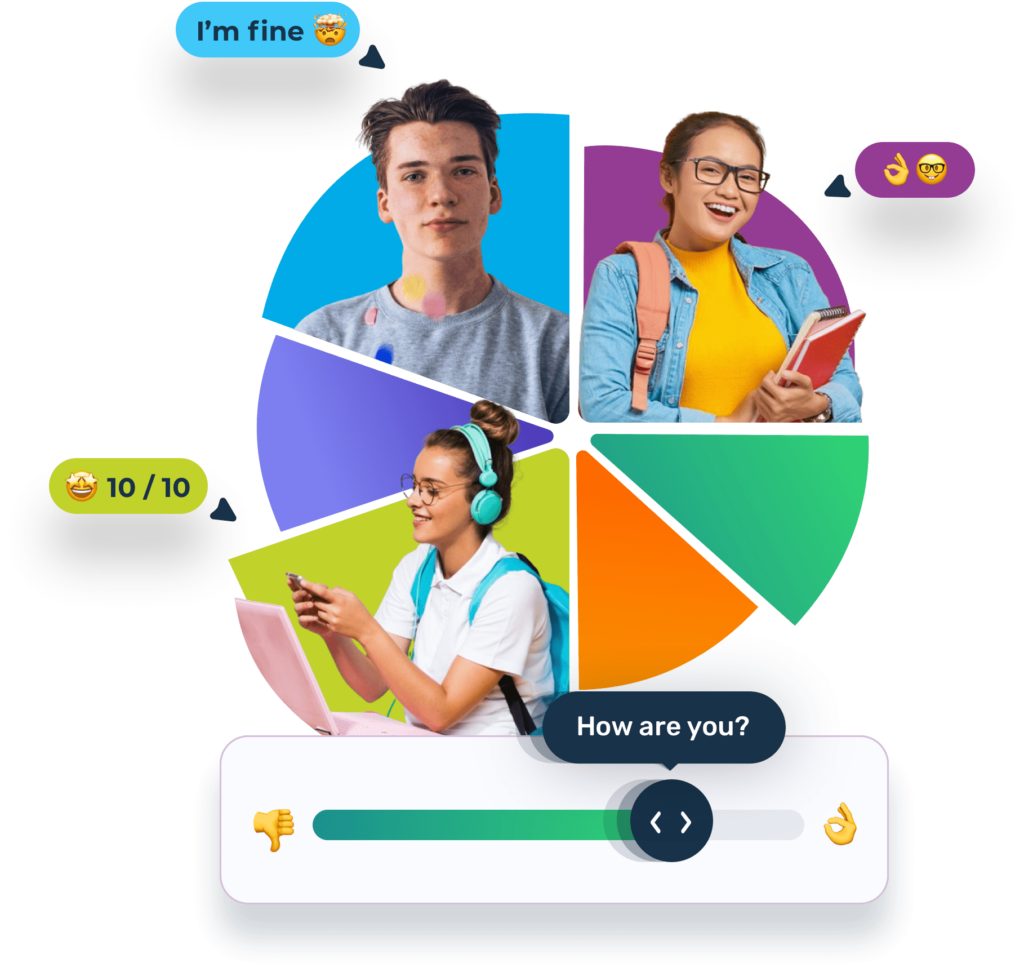Teacher self-care
Why worry about self-care?
Being a teacher is a challenging job. With competing demands such as supporting students’ needs, creating new resources and worksheets, and communicating with colleagues and parents, keeping on top of everything can be exhausting.
Unfortunately, this leads to high attrition rates, with many teachers changing professions within their first five years in the role. High workloads and a lack of support are often cited as the key reasons that teachers leave their job.
Self-care doesn’t solve these problems. But it can change the impact they have on how you feel. It can be the difference between feeling overwhelmed and feeling re-energised and renewed.
What is ‘self-care’?
Self-care is anything you do that helps to improve your own wellbeing. It can be as simple as telling someone how you feel, doing something that relaxes you, or taking a day off work when you need a break. It’s essential in stopping stress from getting the better of you.
Self-care can be broken up into six types: emotional, physical, workplace or professional, psychological, relationship and spiritual:
- Emotional self-care: being aware of your feelings and promoting positive emotions in yourself.
- Physical self-care: doing things that are healthy and comforting for your body.
- Psychological self-care: addressing things that could be contributing to issues such as anxiety or depression.
- Relationship self-care: ensuring the relationships in your life are enriching, positive and supportive.
- Spiritual self-care: recognising and drawing strength from things in life that are greater than yourself, such as your community or environment.
- Workplace and professional self-care: finding a good work/life balance.
Content has been created by ReachOut. To view more information about ReachOut click here.




